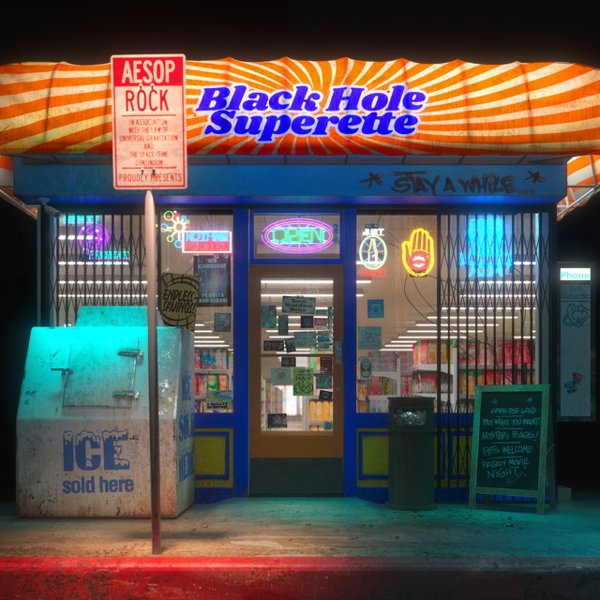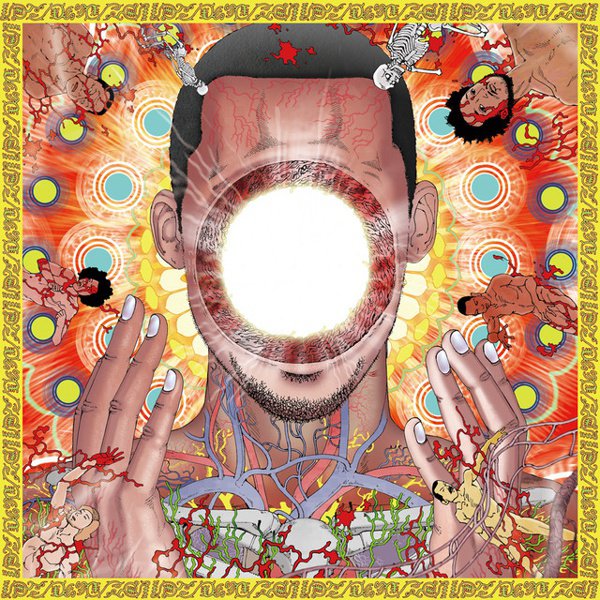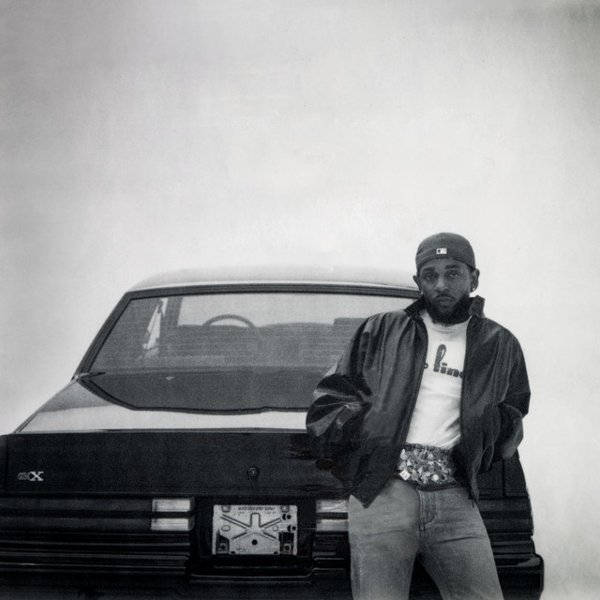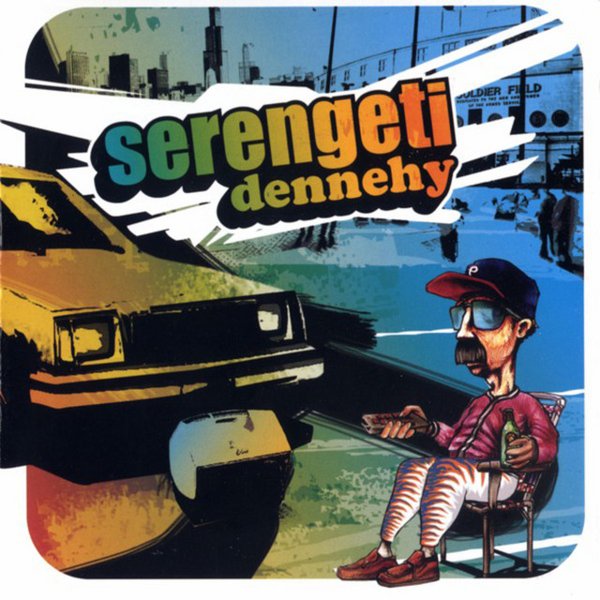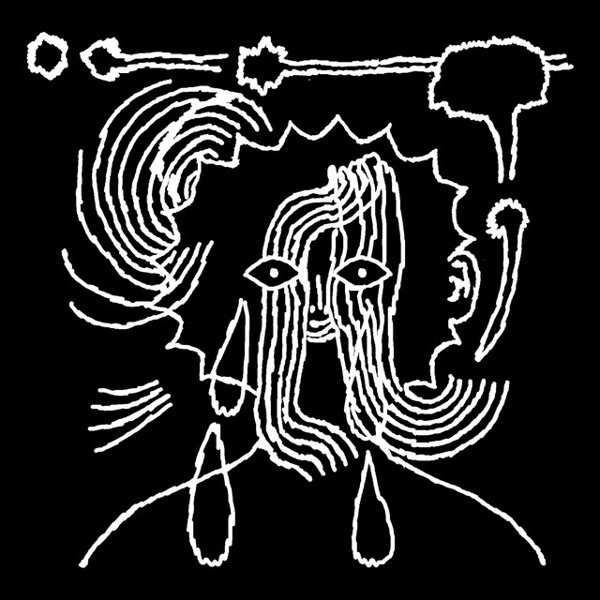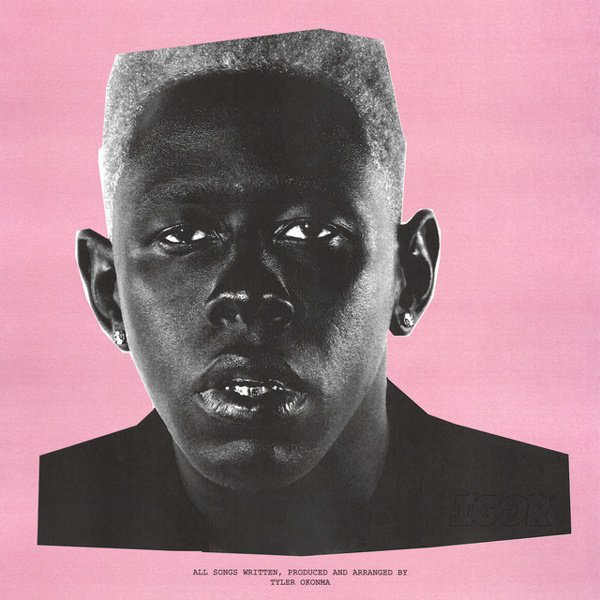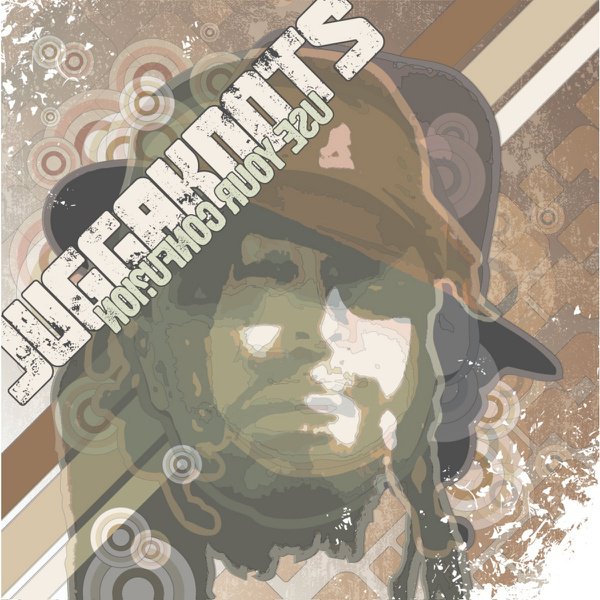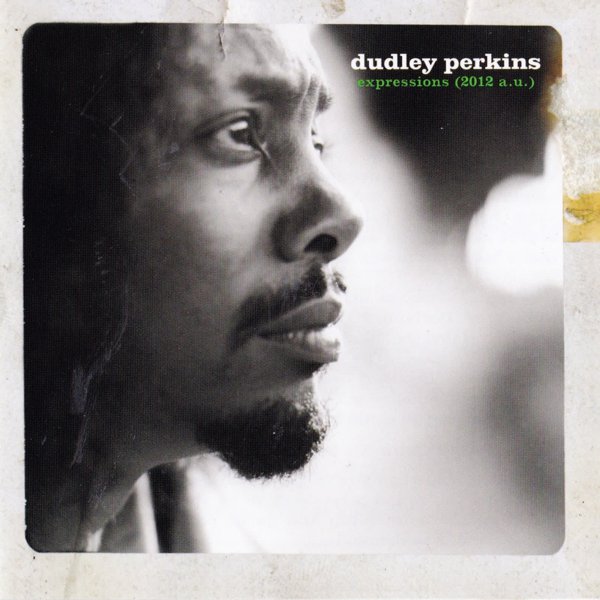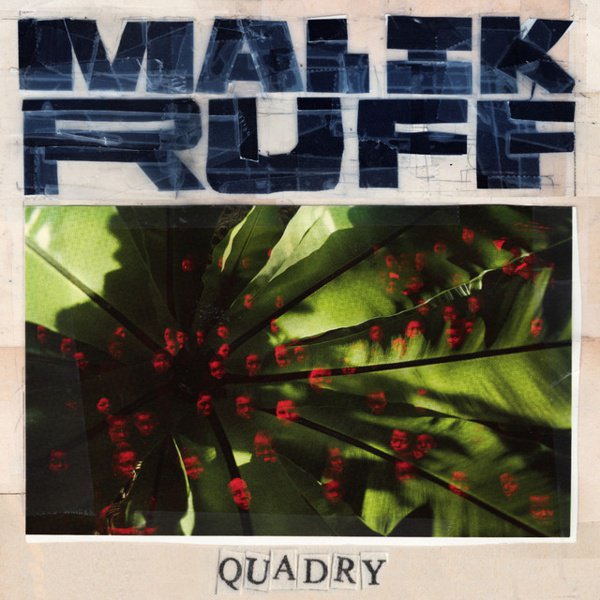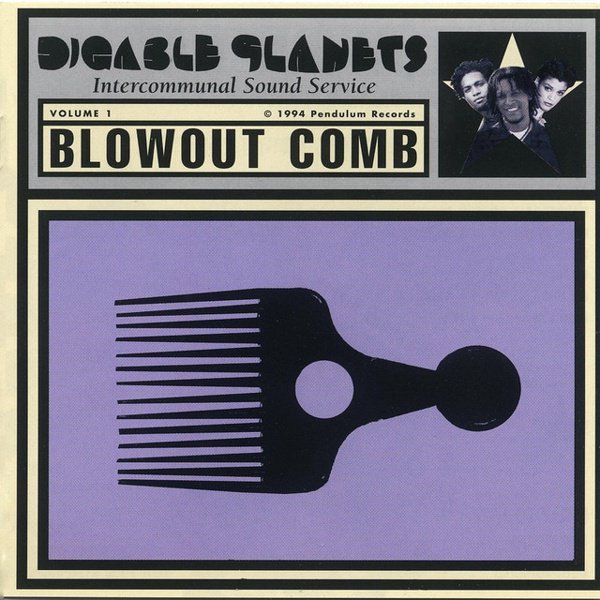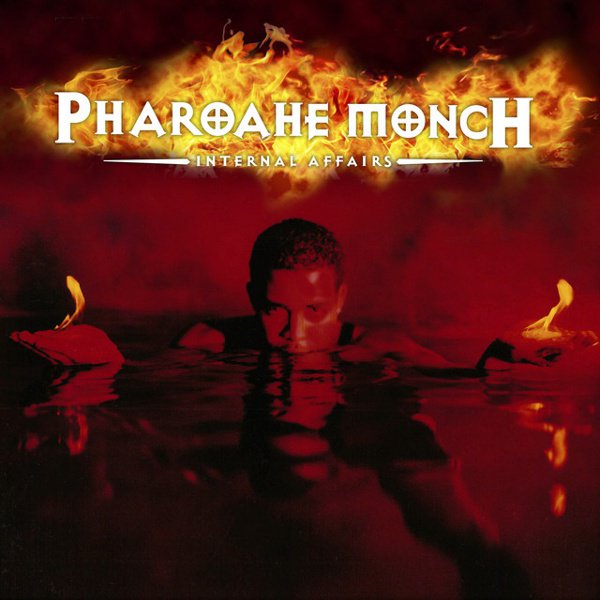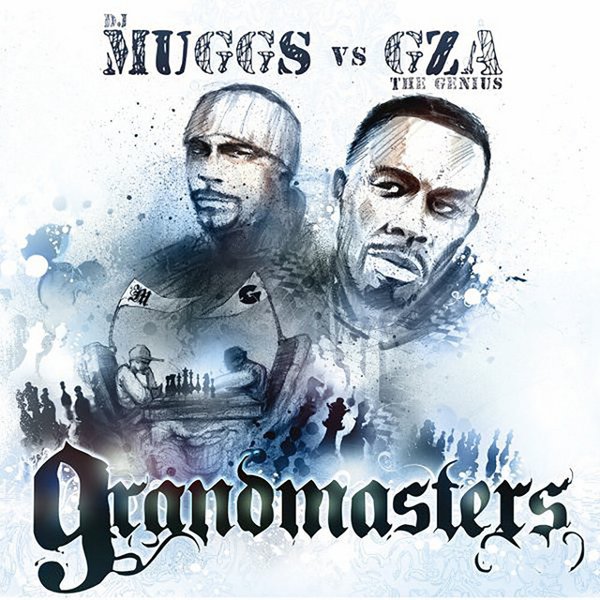Black Hole Superette
At some point, when you get old enough, it’s possible to notice that the energy you once spent fixating on limiting how the world sees you starts redirecting itself to expanding how you see the world. Aesop Rock’s detail-heavy observations from a left-field perspective have always been a creative strength, being one of the main reasons his intricate verbiage is always worth rewinding even when it seems impenetrable. And one of the reasons his discography is one of the most overwhelmingly and consistently rewarding of the last 25 years of hip-hop is that he’s been able to express himself in a perspective where he’s less voice of god than weathered traveler. Part of being a strong storyteller and scene-setter includes the ability to articulate the fact that you don’t always have an immediate grasp on whether the experience we’re relating draws more from measured knowledge than instinctive emotion, and that’s one of the dominant threads that runs through Black Hole Superette. Here, curiosity is where emotion and knowledge intersect — sometimes trickily, because the latter can become damaged by the vagaries of the emotions attached to memory, as relayed in the story of how he was turned on to a movie that changed his life but only remembers the person who introduced him to it as “John Something.” There’s a sense of adventure at points, a tagger’s sense of uncharted territory internalized on graffiti runs with all the exploratory gravitas of an Arctic expedition on opener “Secret Knock,” or an elusive fugitive in “EWR - Terminal A, Gate 20.” And he raps with the panache of someone who’s already been rewarded for said curiosity with more knowledge, relaying the sight of a 12,000-strong flock of migratory swifts gathering around a chimney in “Bird School” or the weight of a lifetime of labors on “The Red Phone” with the intensity of someone who hopes he can relay the feeling of the revelation, too. Maybe he pulls it off so well because the musicality isn’t nearly as unsure of itself. He’s hit a ridiculous level of versatility with his flows, in keeping with a slate of beats that careen from uptempo synth-bass futurism to grimy hard rock soul the next. In that sense, Black Hole Superette is instantly inviting, including as an ensemble work — key in on the library-prog melancholy and Open Mike Eagle-sung hook of “So Be It,” the loping malevolent blues of Armand Hammer collab “1010WINS,” the Bootsy-meets-Mort Garson groove of Homeboy Sandman/Lupe Fiasco three-man workout “Charlie Horse,” and the sunrise-greeting ascent of Hanni El Khatib feature “Unbelievable Shenanigans.”

